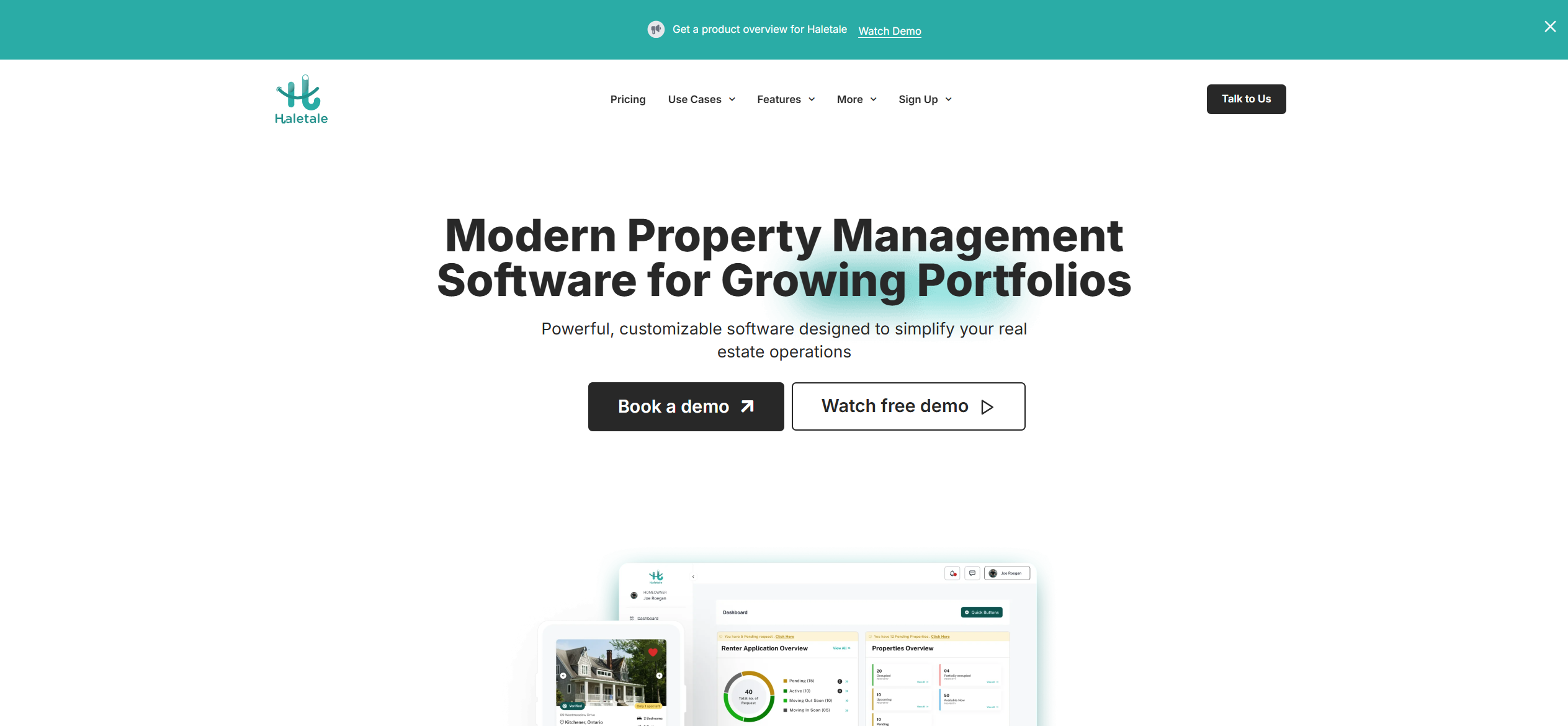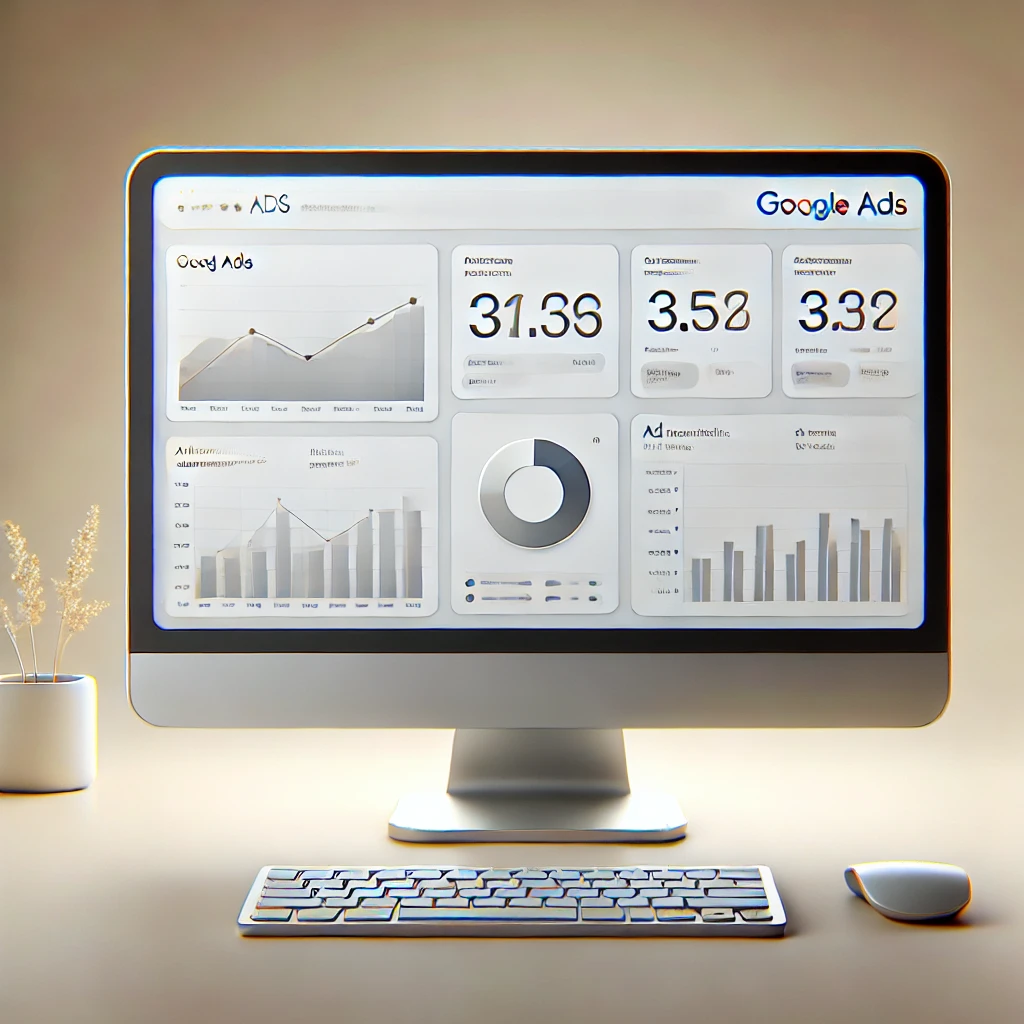Navigating the competitive landscape of today’s market can be daunting for small businesses. These enterprises often operate with stringent budget limitations, which can impede their ability to advertise effectively. Digital marketing emerges as a strategic lever, empowering small businesses with tools to expand their reach and engage with potential customers on a limited budget. This blog delves into essential digital marketing strategies designed specifically for small businesses, highlighting not only their cost-effectiveness but also practical implementation tips to maximize impact.
Understanding the Basics of Digital Marketing for Small Businesses
Digital marketing involves a suite of strategies aimed at promoting services or products online. It is particularly beneficial for small businesses as it levels the playing field, allowing them to compete against larger corporations.
-
Components of Digital Marketing:
- SEO (Search Engine Optimization): This involves optimizing your website to rank higher in search engine results, making it more likely for potential customers to find you.
- Content Marketing: Creating and distributing valuable, relevant content to attract and retain a clearly defined audience.
- Social Media: Utilizing platforms like Facebook, Instagram, Twitter, and LinkedIn to build relationships and interact directly with customers.
- Email Marketing: Developing relationships through regular, valuable email communications that keep your audience engaged and informed.
- PPC (Pay-Per-Click): This involves placing ads on search engines or social media platforms, where you pay only when the ad is clicked.
Customizing these strategies to meet specific business needs allows small enterprises to create an effective digital presence that resonates with their target audience, all while keeping costs manageable.
Benefits of Digital Marketing for Small Businesses
Digital marketing is a powerful tool for small businesses due to its scalability and efficiency.
- Cost Efficiency: Compared to traditional marketing methods, digital marketing offers lower costs and higher flexibility.
- Measurable Results: Advanced tracking and analytics allow you to measure success and make data-driven decisions to enhance your marketing strategies.
- Enhanced Customer Interaction: Digital channels offer unprecedented ways to communicate directly with customers, providing valuable feedback and fostering deeper relationships.
- Improved Conversion Rates: With targeted approaches, digital marketing helps to convert new customers at a higher rate by presenting them with tailored solutions.
- Broader Reach: Digital marketing transcends geographical boundaries, enabling small businesses to reach an international audience if desired.
Leveraging these benefits, small businesses can see a marked improvement in their marketing effectiveness, leading to increased sales and customer loyalty.
Top Low-Cost Marketing Ideas for Small Businesses
While budget constraints are common for small businesses, there are numerous innovative and low-cost marketing ideas that can be highly effective.
- Content Creation: Blogs, how-to guides, and videos can be produced with little cost and can significantly boost your online visibility and authority.
- Social Media Engagement: Active social media management helps maintain customer interest and loyalty. Regular posts and interactions can lead to increased customer retention and sales.
- Email Marketing Campaigns: Well-crafted emails can help personalize the customer experience and inform them about promotions and new products.
- Community Engagement: Engaging with local communities or niche groups online through forums, webinars, and local events can enhance your visibility and credibility.
Each idea can be implemented cost-effectively, using internal resources to maximize their impact without substantial financial investment.
Crafting Winning Marketing Strategies for Small Businesses
Developing a cohesive digital marketing strategy is crucial for maximizing the effectiveness of your efforts.
- Identifying the Target Audience: Detailed market research can help pinpoint exactly who your customers are, what they want, and how they prefer to receive information.
- Setting Clear Objectives: Specific goals, such as increasing website traffic by 20% or gaining 500 new leads, provide direction and motivation.
- Choosing the Right Digital Marketing Channels: Not all platforms are suitable for every business; select those that will most effectively reach your target audience.
- Allocating Budget Wisely: Determine the most cost-effective ways to allocate your budget to get the best return on investment.
- Monitoring and Adjusting: Regularly review analytics to see what’s working and what isn’t, allowing you to pivot strategies as needed.
This strategic approach ensures that every marketing effort is targeted and optimized for the best results.
Conclusion
For small businesses today, digital marketing is not just a tool but a critical element in leveling the playing field with larger competitors. By embracing digital marketing, small businesses can achieve significant growth and establish a strong online presence.
Are you looking to boost your small business’s online presence and customer engagement? Start implementing these strategies today and see the difference. Share your progress and challenges in the comments below, or contact us for more personalized advice and support.





